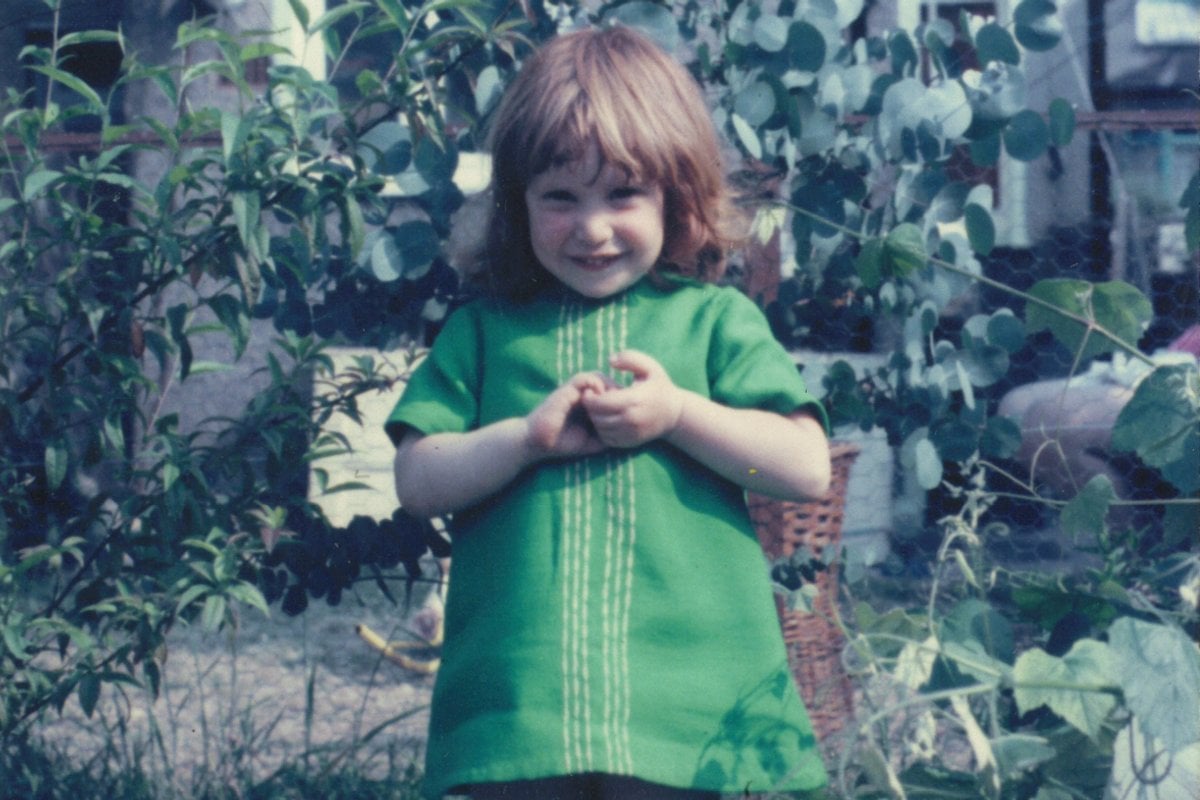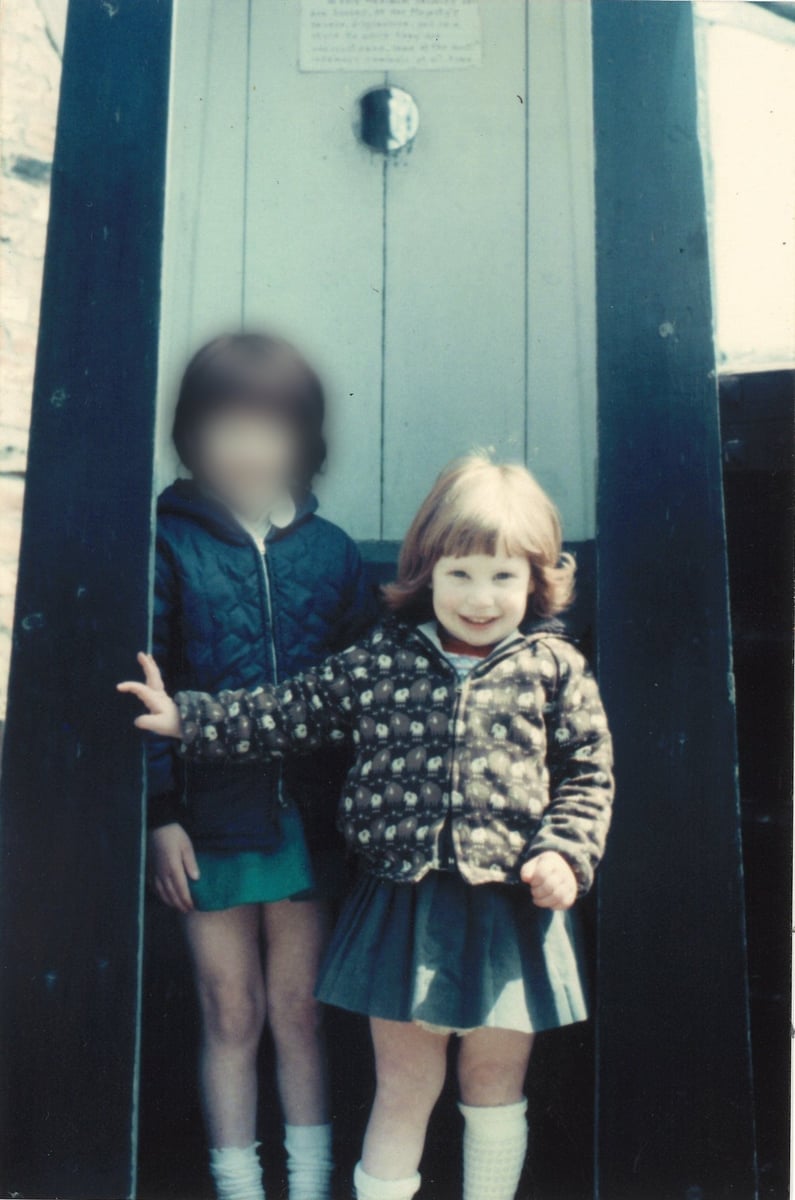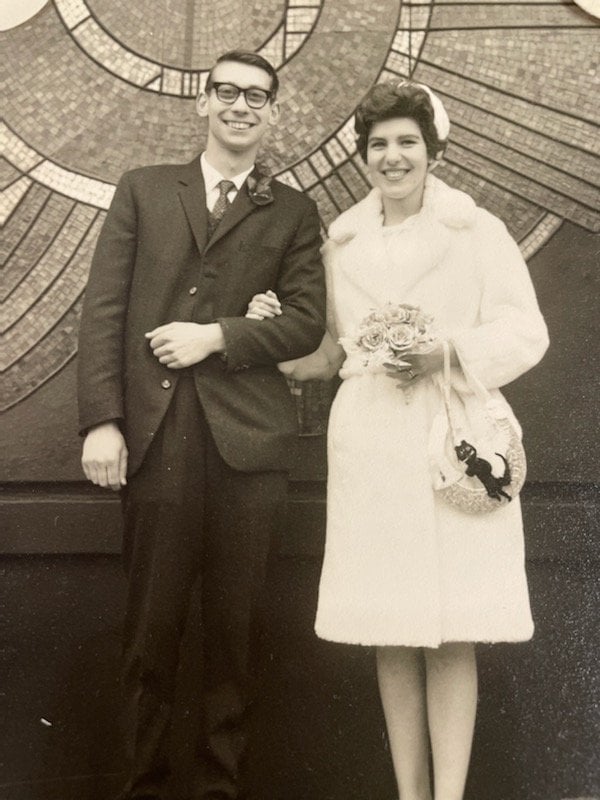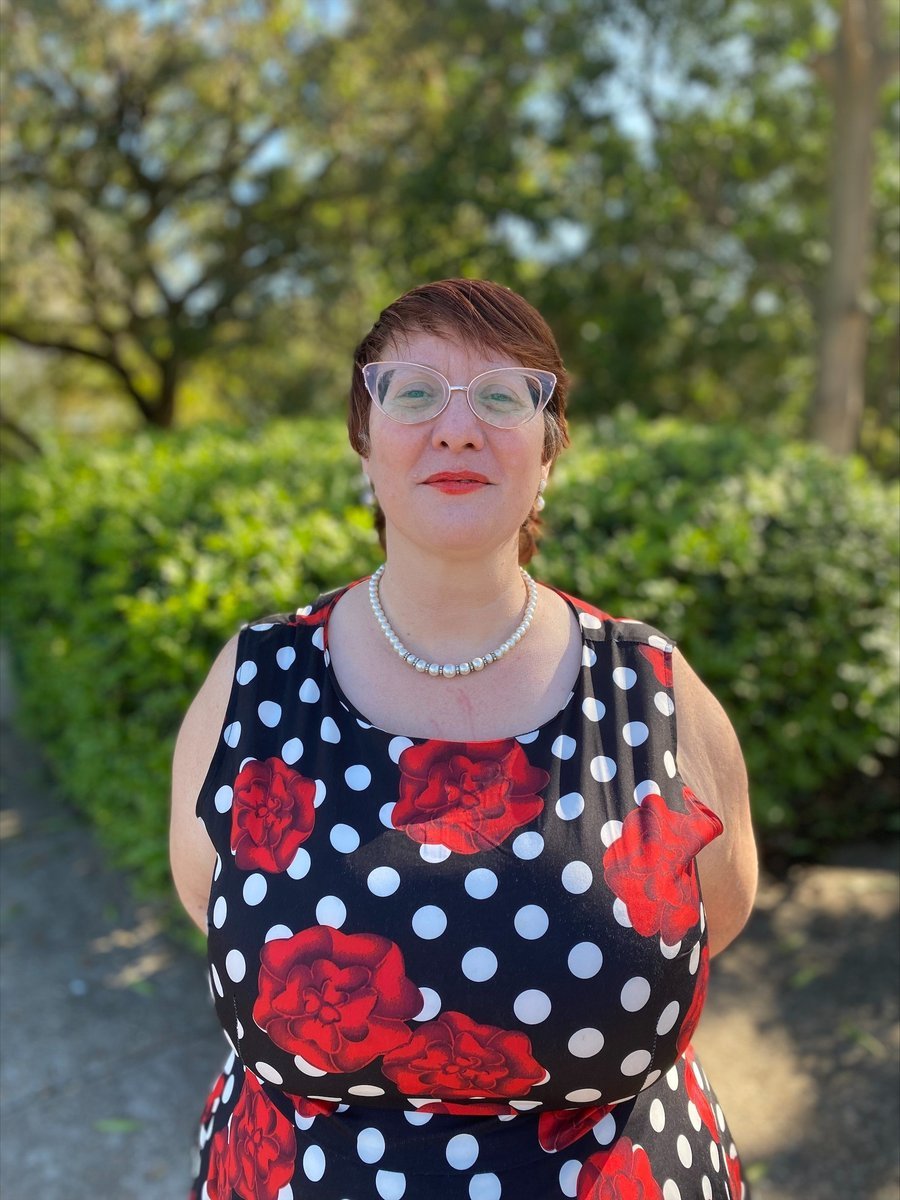
Content warning: This story deals with child abuse and rape and may be triggering for some readers.
In 2019, Brisbane woman Jeni Haynes made headlines for being the first person in Australia to testify against her abuser - her father, 77-year-old Richard Haynes - from the perspectives of her Multiple Personality Disorder alters. (Note: While Jeni uses the term Multiple Personality Disorder, the clinical terminology is Dissociative Identity Disorder.)
The abuse that began when Jeni was only a baby is unimaginable to most. It was physically, psychologically and emotionally sadistic and never-ending. The fact she survived may be called a miracle by some - but the reality is, it is testament to the extraordinary strength of Jeni's mind.
What saved her was the process of dissociation, a defence mechanism that saw Jeni create 2681 separate personalities, or alters, who protected her as best they could from the trauma. This army of alters included four-year-old Symphony, teenage motorcycle-loving Muscles, elegant Gabrielle, forthright Judas and eight-year-old Ricky.
Listen to Mia Freedman's full interview with Jeni Haynes on the No Filter podcast. Story continues below.
Richard Haynes was sentenced to 45 years in prison, and will not be eligible for parole until 2050. He will likely die in jail.
Jeni, now 52, has gone on to inspire many survivors of child sexual abuse and those living with multiple personalities.





Top Comments